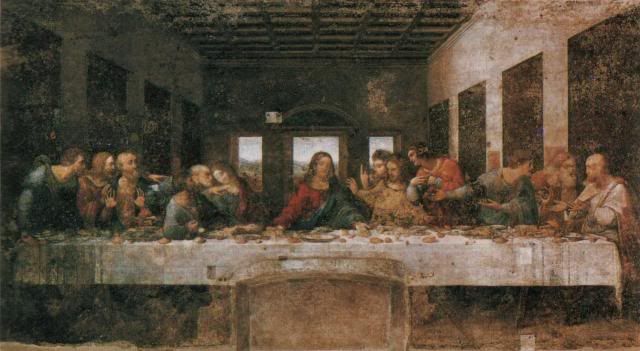by Janet Flanner
This book is a collection of essays, both short and long, that Janet Flanner wrote for The New Yorker magazine in the 1934-1939 which was the time of Edward VIII's abdication "for the woman that I love" and the run up to World War II.
When Miss Flanner's editor, Harold Ross, gave her the job of reporting on France and England in the late 1920s, he told her that he wanted to know what the natives were thinking about themselves and their cultures and their nations, not what she thought of them. And Miss Flanner produced that kind of viewpoint for the U.S. readers.
Miss Flanner reported from Europe for The New Yorker from the late 1920s to her retirement in the early 1970s.
Her essays range from three sentence paragraphs on the doings and dancings of Josephine Baker or the funeral of Anatole France (is he even read today in France?) to several long portraits of Wallis Simpson (that beloved woman) and the new Queen, Elizabeth the wife of George VI who was the father of the present Elizabeth II, after the abdication of Edward VIII. I know that this sentence reads like the boring genealogy of the Bible.
Miss Flanner was a writer with a dry and wry turn of phrase and wit and a detached (easy for her, she was a Yank), discerning view of her subjects and their concerns. She could also do slapstick:
When Lotte Lehmann, as the Marschallin, had a chill and walked out on the opening act of the first Rosenkavalier performance, a leg came off fat Baron Ochs' sofa. Furthermore, an anachronistic wirehaired fox terrier stole the eighteenth-century levee scene, and the lady spy's hoopskirt flew waist-high after the Presentation of the Rose episode.
It is the Marx Brothers all in one.
